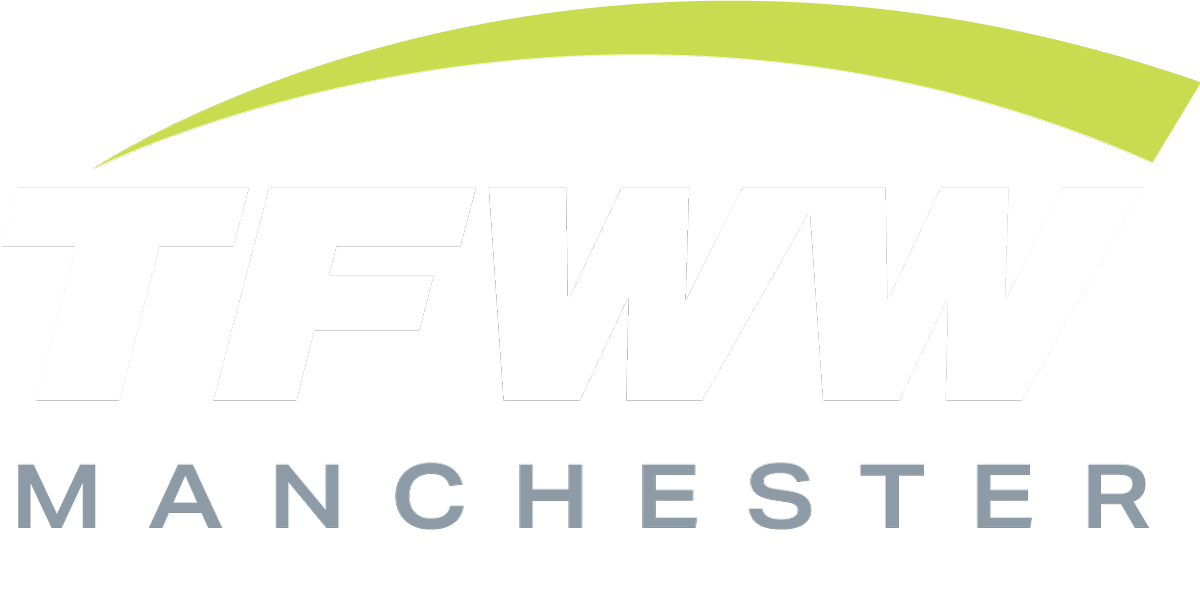How to Ship Oversized or Heavy Items Like Furniture, Appliances & Machinery Safely
Shipping large, heavy, or awkwardly shaped items—like industrial machinery, commercial appliances, or high-end furniture—isn’t as simple as throwing them on a truck. These shipments require specialized planning, careful handling, and often, a deep understanding of carrier requirements, packaging standards, and dimensional pricing.
At TFWW Manchester, we work with businesses every day that need to move freight that doesn’t fit neatly into the standard box. Whether you're a manufacturer, retailer, installer, or warehouse team, understanding how to ship oversized items safely and cost-effectively can protect your bottom line—and your reputation.
Why Oversized Freight is a Unique Challenge
Oversized or heavyweight freight typically refers to shipments that exceed standard size and weight thresholds for parcel or LTL shipping. This can include:
Furniture: desks, modular shelving, conference tables, display units
Appliances: refrigerators, HVAC units, ovens, or water heaters
Machinery: generators, compressors, industrial equipment, and fabrication tools
Fixtures and bulk items: large signage, construction materials, pallets of inventory
These items often:
Exceed carrier size limits (e.g., over 96 inches in one dimension)
Require liftgate or dock-level loading
Demand special handling due to fragility or complexity
Incur dimensional weight charges that increase cost significantly
Step 1: Know Your Shipment Specs
Before booking anything, accurate shipment details are non-negotiable. Carriers will base pricing and service availability on:
Dimensions (length, width, height)
Actual weight and dimensional weight
Packaging method (palletized, crated, unboxed)
Pickup/delivery location constraints (e.g., no dock, residential area)
Miscalculations here can lead to re-weigh fees, reclassification charges, or even refused pickups.
At TFWW Manchester, our team helps clients verify and format this data correctly up front, preventing surprises later on.
Step 2: Choose the Right Freight Mode
Depending on the item and urgency, you may need to choose between:
LTL (Less-than-Truckload): Great for standard heavy items that don’t need a full trailer. Multiple shipments share space, which keeps costs down but increases handling.
FTL (Full Truckload): Best for items that need to stay together or can fill a trailer. More direct and secure—but often more expensive.
Expedited Freight: Ideal when timing is critical or if previous delivery attempts failed. Premium cost, premium speed.
TFWW Manchester helps clients weigh all options before booking, balancing cost, delivery windows, and risk.
Step 3: Use Packaging That Protects (and Complies)
The proper packaging prevents damage and ensures carrier acceptance. For oversized items, we recommend:
Palletizing whenever possible to stabilize loads and allow forklift handling
Custom crating for valuable or delicate equipment
Foam cushioning and shrink wrap to minimize impact damage
Clear labeling and documentation to avoid delays or confusion
Certain appliances or machinery may require draining fluids, securing moving parts, or meeting hazardous materials (HazMat) requirements. Our team at TFWW Manchester often advises clients on custom packaging and compliance for specialty freight.
Step 4: Plan for Pickup and Delivery Challenges
Large items can’t always be dropped at the front door. Be proactive about site constraints like:
Liftgate needs for locations without loading docks
Appointment scheduling for businesses with limited hours
Inside delivery or white-glove service for residential or retail environments
Curbside delivery as a default when full-service isn't specified
TFWW Manchester coordinates all of this on your behalf—so your customer, warehouse, or receiving team knows precisely what to expect.
Step 5: Track, Audit, and Optimize
Once your shipment is in transit, visibility is key. TFWW Manchester provides:
Proactive status updates
Exception alerts for missed pickups or delays
Tracking across carriers and legs
Final invoice audits to ensure that what you were quoted is what you pay
We also help clients analyze their freight spend over time, identifying trends, unnecessary charges, or route inefficiencies that can be improved.
What Happens When Oversized Freight Goes Wrong?
Incorrectly handled large shipments can lead to:
Crushed corners, scratched surfaces, or dented machinery
Invoices that are double what you expected
Customer complaints or delayed installs
Lost revenue from returned or refused deliveries
That’s why growing companies choose TFWW Manchester to manage oversized freight from end to end. We don’t just book the truck—we manage the entire process to protect your product, your team, and your brand.
Bonus: Items That Often Require Special Freight Handling
Want to know if your item needs special attention? Here are common examples of items TFWW Manchester moves for clients that almost always need freight coordination:
Commercial refrigerators and freezers
Palletized gym equipment or retail displays
Power generators and HVAC systems
High-end furniture for showrooms or events
CNC machines, packaging lines, or fabrication tools
Fragile stone slabs, countertops, or bath fixtures
If you’re moving something large, valuable, or complex to replace, freight matters.
Final Word: Don’t Leave Heavy Freight to Chance
Shipping oversized items isn’t just about getting it on a truck—it’s about protecting your investment, avoiding costly mistakes, and delivering on expectations.
With the proper process and a proactive freight partner, it doesn’t have to be stressful.
At TFWW Manchester, we help growing businesses move big things with confidence. Whether it’s one shipment or hundreds, we provide the strategy, coordination, and support to make oversized freight feel routine.
Ready to Ship Something Big?
If you're preparing to ship furniture, machinery, appliances, or any freight that doesn’t fit “standard,” let’s talk.
Book a Discovery Call with TFWW Manchester to simplify your shipping process—and ensure every shipment arrives on time, intact, and within budget.

